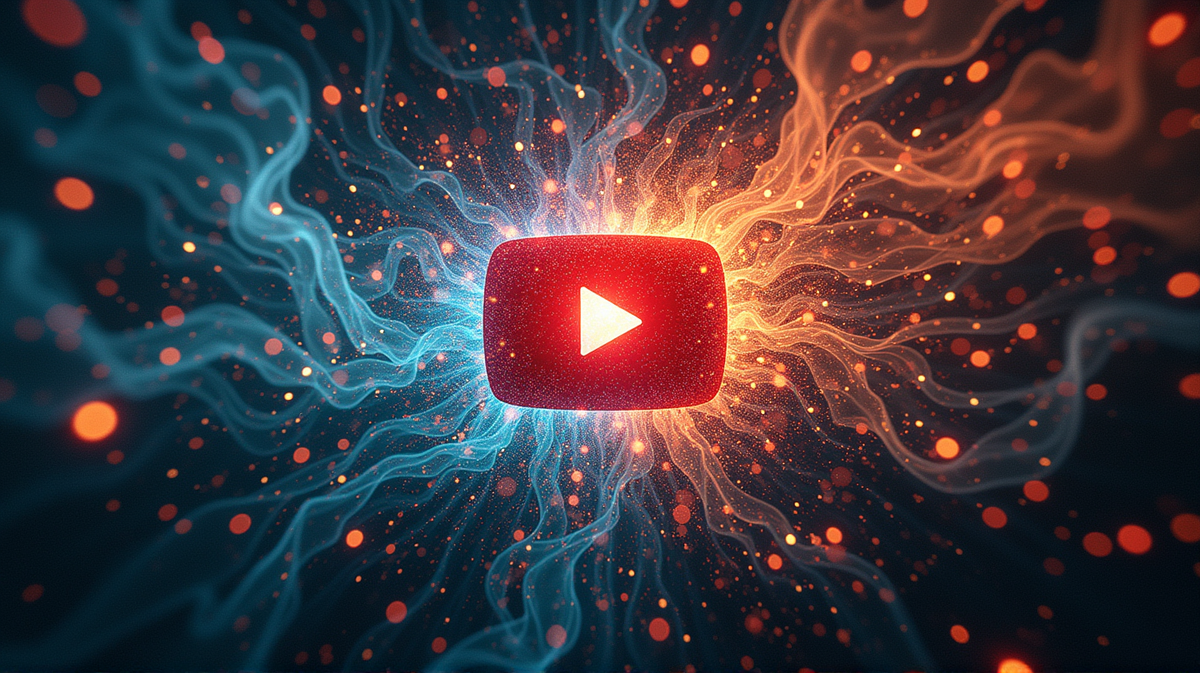YouTube’s Role as the Global Cultural Epicenter: A Double-Edged Sword?
YouTube is battling to maintain its reputation as a cultural hub amidst challenges like political content abuse. The road ahead is complex.

The digital age has revolutionized the way we consume culture, and YouTube stands at the forefront, shaping global trends and connecting billions. Yet, with great power comes great responsibility, and the path for YouTube seems riddled with both triumphs and challenges.
YouTube: A Cultural Connect and Catalyst
Since its inception, YouTube has become more than just a video-sharing platform. It has evolved into a central hub where cultures meet, trends emerge, and ideas are exchanged. With 2.7 billion users and an annual advertisement revenue nearing 51 trillion won, it’s no surprise that YouTube positions itself as the epicenter of modern digital culture.
According to 매일경제, the significance of YouTube can be seen in how it influences various industries, including music and entertainment. Psy’s “Gangnam Style” stands as a testament to the platform’s ability to introduce Korean culture worldwide, a movement now known broadly as the “Korean Wave.”
The Rise of Creatorship
YouTube’s narrative of empowerment, especially among creators, cannot be overstated. Neil Mohan, CEO, reflects on the 20 years past and anticipates the next two decades filled with potential and influence. Creators now share the stage with traditional media companies, leading to a rich tapestry of content that captivates global audiences.
Challenges on the Horizon
Despite YouTube’s significant accomplishments, it’s not without its controversies. The company faces mounting criticism as extreme political content proliferates on the platform, potentially deepening societal divides. YouTube stresses the importance of freedom of expression, yet this very principle is tested as political polarization becomes more pronounced.
Navigating the Future
YouTube’s ambition stretches to transitioning from mobile screens to living room TVs, aiming to rival established streaming giants like Netflix and conventional cable channels. This migration presents both opportunities and threats, especially to current content distributors who need to adapt or risk obsolescence.
A Call for Innovation
The conversation isn’t just about growth; it’s about managing the implications of being such a dominant force responsibly. Artificial intelligence (AI) might play a crucial role in discerning the nature of content, perhaps aiding in mitigating extremist narratives.
Conclusion: A Platform with Power and Responsibility
As YouTube continues to evolve, its role transcends mere entertainment—it shapes societal narratives. The challenge remains: how to harness this power responsibly, ensuring that YouTube remains a force for good in an ever-interconnected world.





